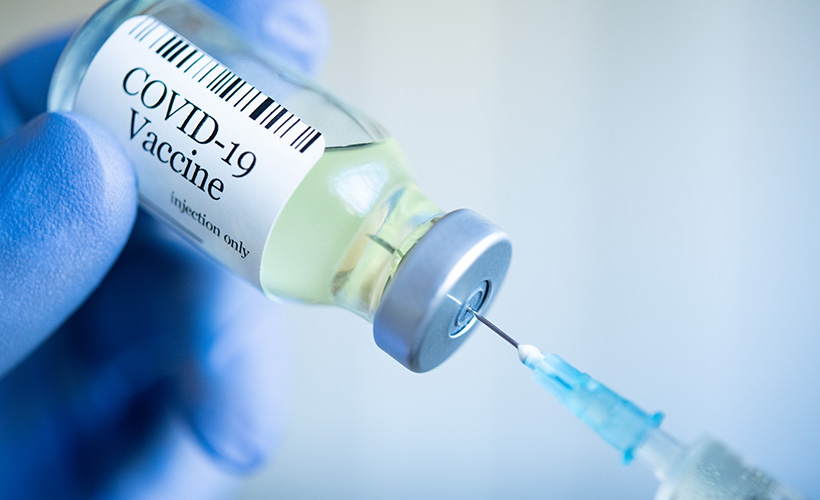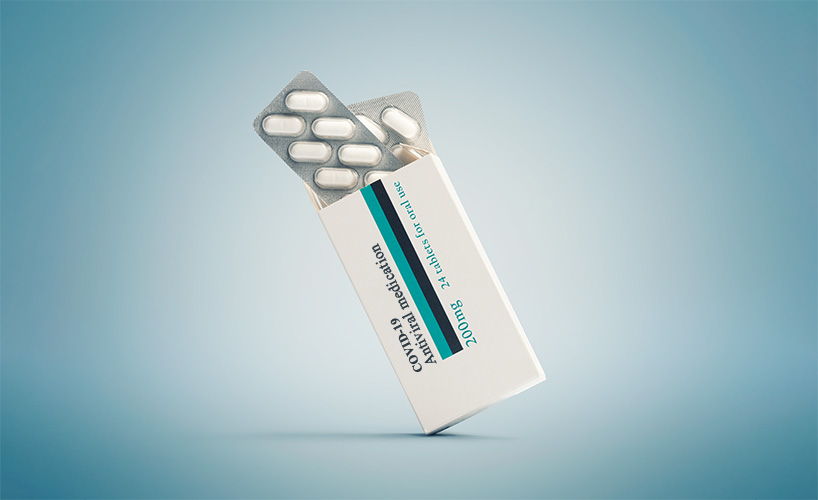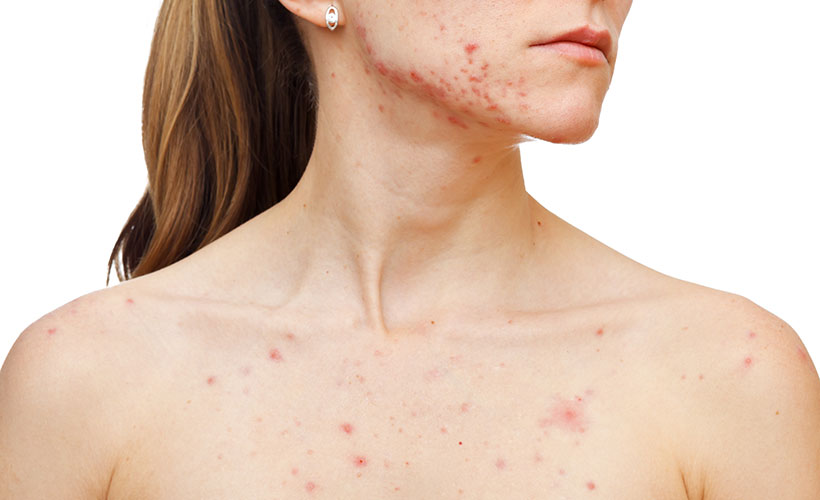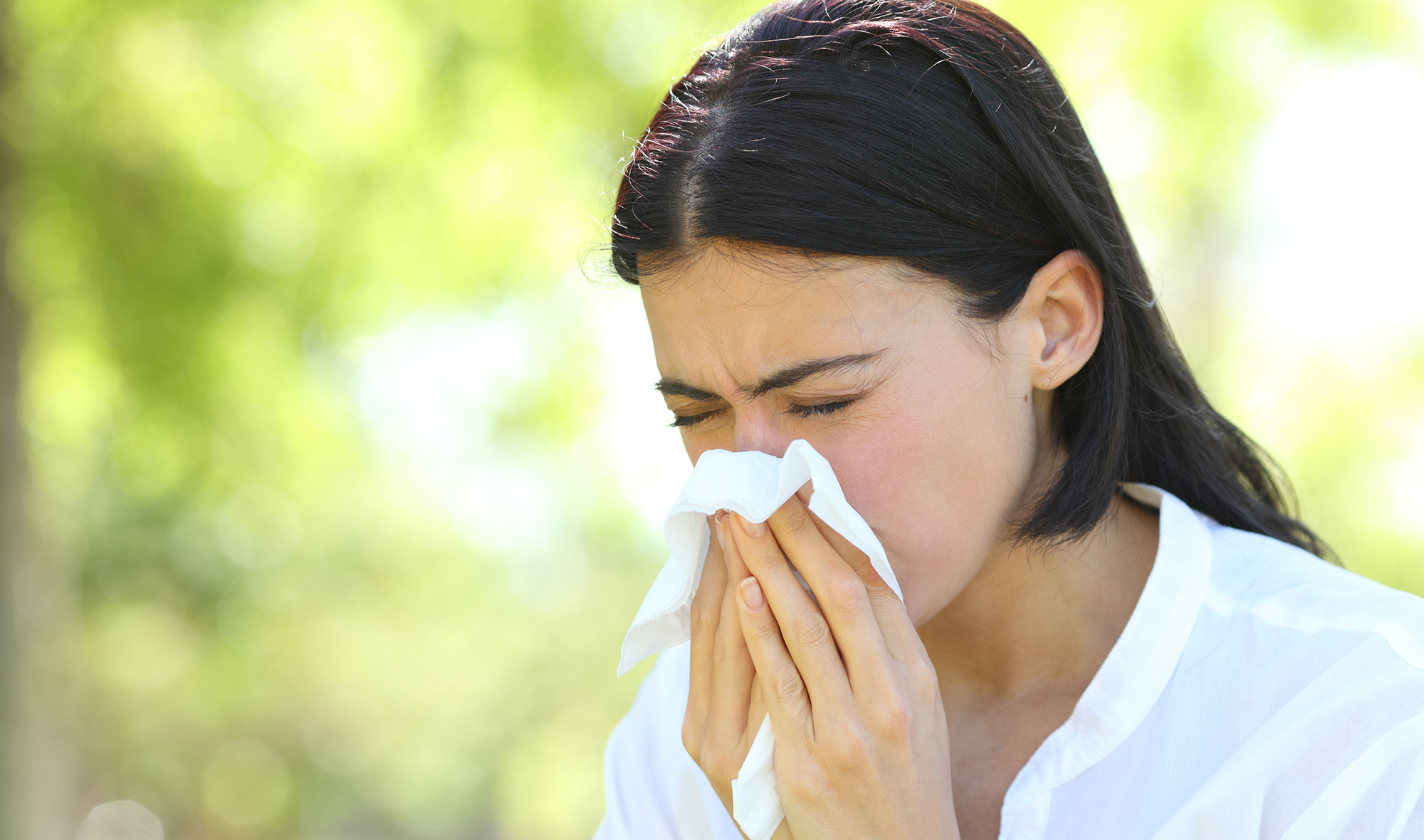Many people are asking about the COVID vaccines and are keen to understand how these work and if they are safe.
First we need to understand the goals of a vaccine. There are two goals; safety and efficacy. Safety is about limiting the side-effects you might get by having the vaccine. Efficacy is measured by how effective the vaccine is at two different things. How effective at preventing the disease (didn’t get COVID at all) and how effective at preventing the infection or reducing the symptoms (still got COVID but only very mild symptoms). All vaccines are tested to ensure they are safe and effective.
COVID is a disease that results in symptoms that can be mild up to very severe and even fatal. Some people have no symptoms at all and have still had COVID. So if the vaccine can reduce the symptoms so you are not as unwell and don’t die then that is a definite improvement even if you still had a mild dose of the disease.
Pfizer vaccine
The first vaccine available in New Zealand is the Pfizer vaccine. This is a new type of vaccine called an mRNA vaccine. The mRNA gets into our cells and triggers an immune response to the COVID spike protein. The mRNA does not go into the nucleus of our cells so it cannot mix with our own DNA, which is something some people had been worried about. Also you cannot catch COVID from this vaccine as it does not contain any live virus. You are likely to develop some chills or fever, headache and fatigue. This is a sign that your body is developing the immune response that you need for the vaccine to work. These are the same types of effects that people get from most vaccines.
Is it safe?
Safety of a vaccine is like any other medicine, you ask ‘how likely am I to get side-effects and how bad will that be’ compared to ‘what is the risk to me of not having this medicine or vaccine?’ The risk of catching COVID can be quite extreme. Some people only get mild symptoms but others have severe symptoms and three people per 100 will die from the infection. There is also a syndrome that is known as ‘long COVID’ where people continue to have symptoms for a long time after the actual infection has gone. We are not yet certain if COVID causes permanent damage to your brain and lungs.
The main symptoms of ‘long COVID’ are fatigue, being short of breath, trouble sleeping and difficulty thinking clearly. These symptoms become worse with physical or mental exertion. A survey was done of over 3,500 people in America with ‘long COVID’. Most of the people in this survey said they were still coping with some sort of memory loss or difficulty thinking that affected their everyday lives. Their symptoms include things like: can’t hold a conversation, can’t follow instructions or can’t drive their car. Over half had to reduce their work hours and nearly a quarter of them were unable to work at all for at least six months after the COVID infection had cleared.
So to consider ‘how safe’ is the COVID vaccine we are really asking “how safe is this compared to catching COVID, having short term and long term symptoms and potentially dying?”
The main safety worry for people seems to be concern that the vaccines were developed so quickly. This speed of development is due to the huge amount of money that governments all over the world have put into research for these vaccines. Normally vaccine development is much slower because companies have to fund their own research and development. So the speed these were developed is not really a safety issue, it was a money issue. The other thing that helped speed up the release of COVID vaccines is that ethical approval was granted very quickly to start the trials and people were eager to be in the clinical trials. Usually it takes months to recruit the number of people needed for clinical trials. With COVID so many people wanted to trial the vaccine that this took much less time than usual to get the trials started.
Then there is the fact the mRNA vaccines are a new type of vaccine. As mentioned above you cannot catch COVID from the vaccine and the mRNA does not get into your cell nucleus where we store our own DNA.
I have also heard people worried about mercury. A mercury-based preservative used to be used in some multi dose vaccines. There is no mercury in the Pfizer or the AstraZeneca COVID vaccine.
Side Effects
You are likely to develop some mild side effects like chills or fever, headache and fatigue. The side effects are generally mild and don’t last long. The side-effects of a COVID vaccine may be worse after the second dose. These side-effects are a sign that your body is developing the immune response that you need for the vaccine to work. These are similar to the effects you get with the flu vaccine. Some people say they get a cold from the flu vaccine, but they are actually just developing their body’s immune response, which is how vaccines work.
Some things that people are likely to be allergic to are not in the Pfizer vaccine. This vaccine does not contain eggs, preservatives or latex. This should reduce your chance of having an allergic response to the vaccine. That said; it is likely that some people will develop a severe allergic response known as anaphylaxis. If you have ever had a flu vaccine in a pharmacy you will have been asked to stay in the pharmacy for 20 minutes so the pharmacist can make sure you don’t develop this type of severe allergic response. These types of allergic responses are uncommon but it is best to be safe and wait as long as you have been asked to. You will be asked to wait for 30 minutes after your COVID vaccine to make sure you don’t have a bad reaction to it. The people you receive the vaccine from are trained to deal with anaphylaxis should that occur.
How long will the vaccine be effective?
So far we do not know how long our body will have an immune response after any of the COVID vaccines. We know that the vaccine encourages our body to make T-memory cells and B-memory cells. These are immune cells that are primed and ready to attack should you come in contact with the virus. People who have had COVID, develop these same antibodies in response to the virus. Research shows that the COVID antibodies in people who have had COVID drop off very quickly, the more mild the infection the more quickly the immunity seems to reduce.
With the other vaccinations we receive, some need several shots and some we only need one, some need to be repeated every ten years and the flu vaccines need to be repeated every year due to the ever changing virus. COVID is still relatively new compared to other infections we have vaccines against. This means it may be several years before we really know how long the vaccine lasts for.
One thing to note is that international researchers have not yet established whether a vaccinated person could still be a carrier and transmit COVID-19 to someone else. What we do know is that the vaccines that our government is buying will be much safer than catching COVID and in New Zealand COVID vaccines are free.
Other vaccines:
If you are having other vaccines as well then it is recommended that you should leave a gap between vaccines so your body has time to respond to one vaccine before you receive the next. Two weeks gap is recommended between the Pfizer COVID vaccine and your flu vaccine. If you are having a Measles Mumps Rubella (MMR) vaccine, it is recommended that you wait four weeks before having your COVID vaccine.
Written by Linda Caddick
This blog provides general information and discussion about medicine, health and related subjects. The information contained in the blog and in any linked materials, are not intended nor implied to be a substitute for professional medical advice.
















Community